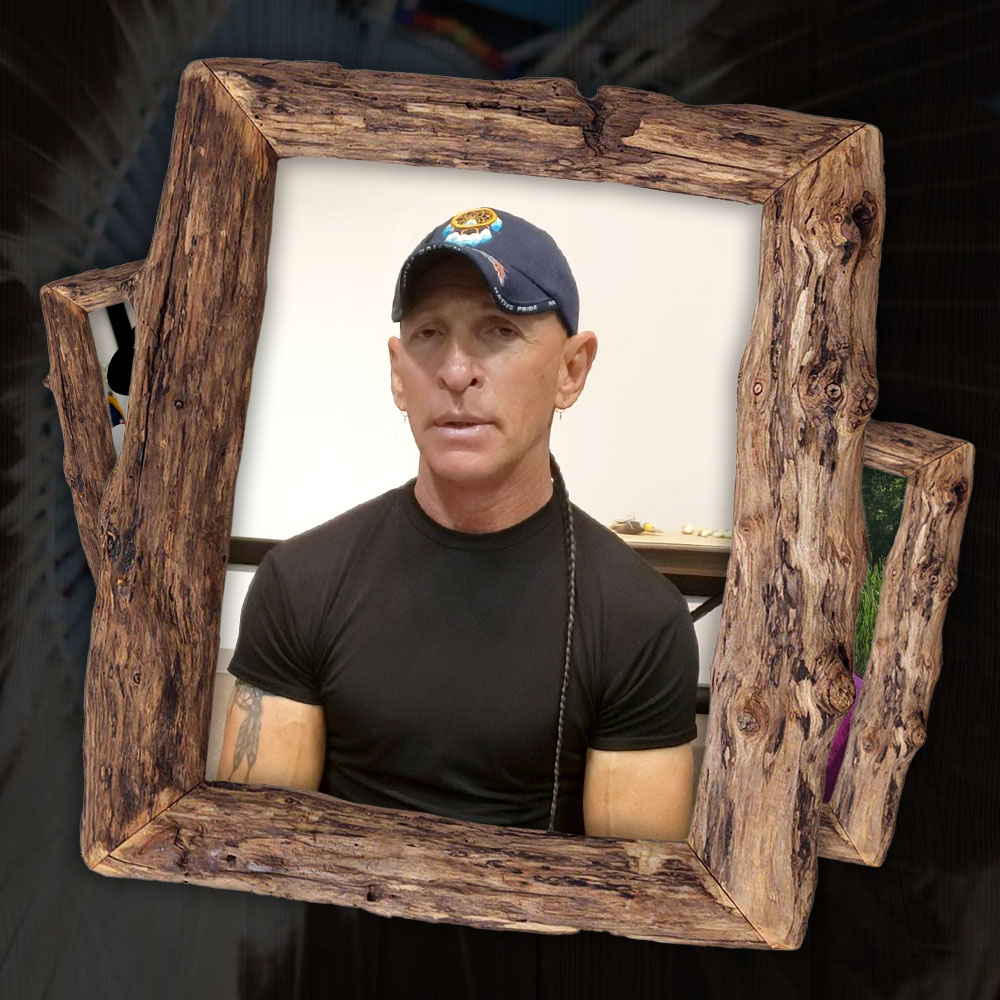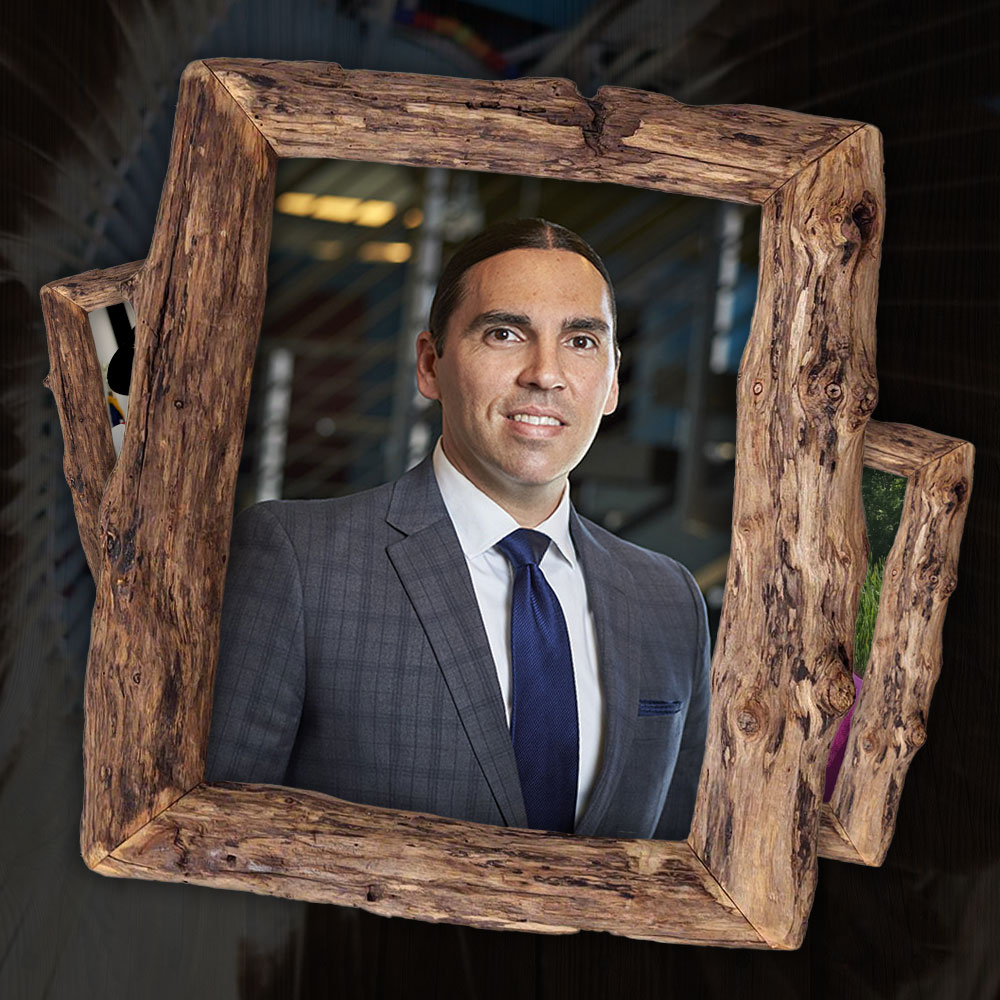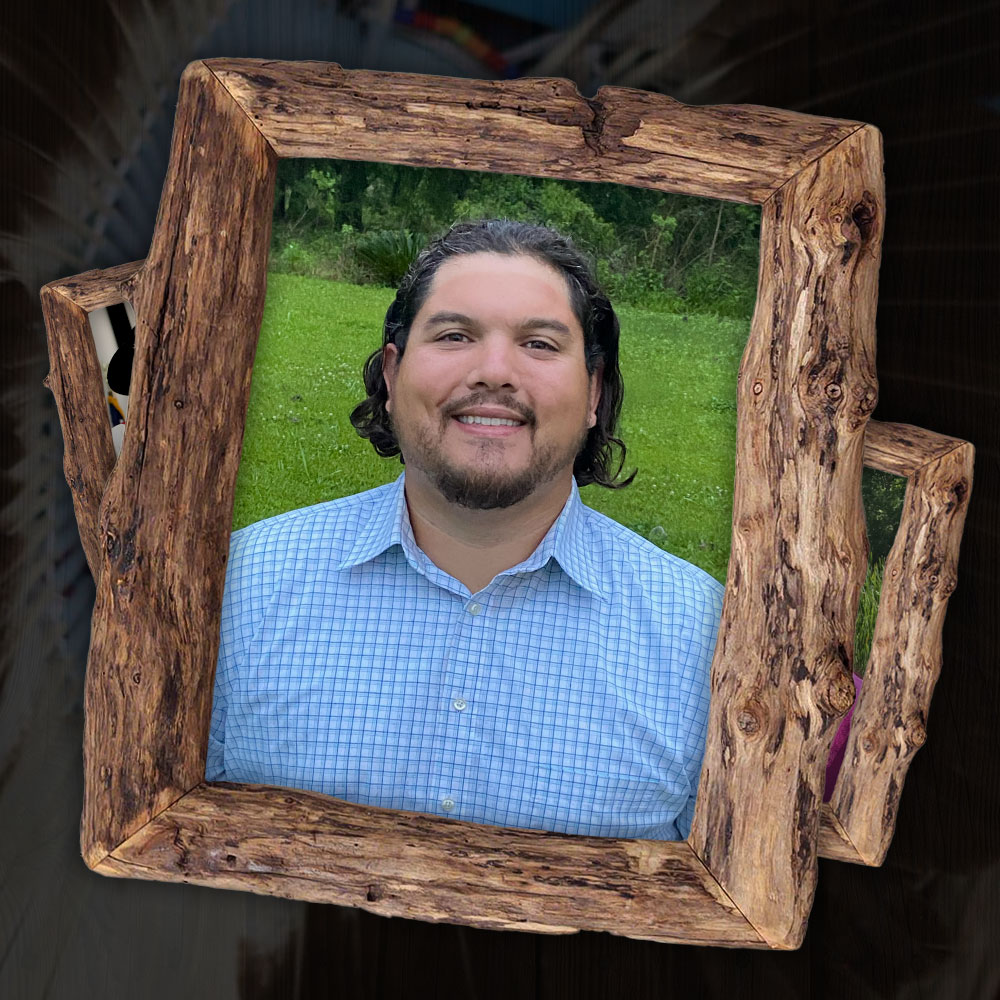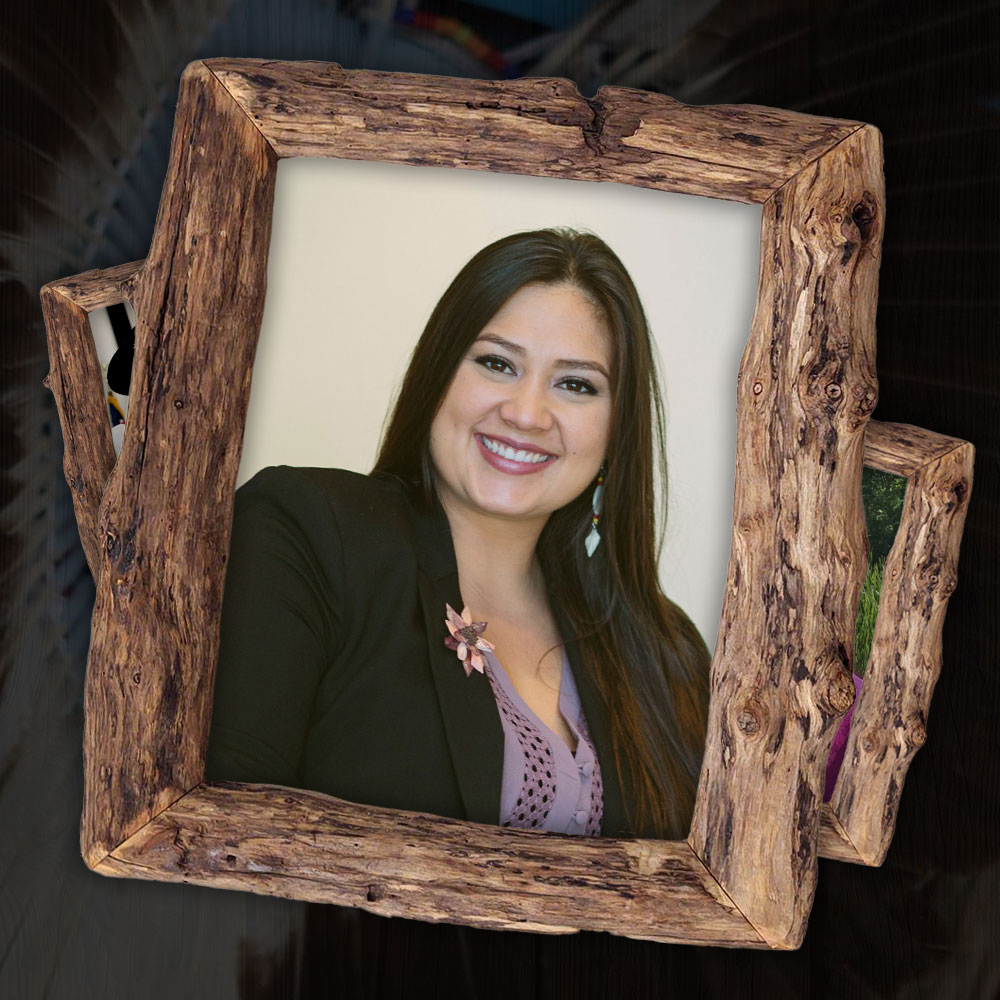RJ Molinere

Grand Bois, Louisiana United Houma Nation RJ, along with his son Jay Paul, is featured in the History Channel’s Swamp People, a reality series about alligator hunting. About Swamp People “I have a son that’s been with me fishing alligators since he’s three years old. Because his mama came to this school here, this college […]
Joshua Pitre

Cut Off, Louisiana currently in Washington DC United Houma Nation Pitre is the director of government relations at Clause Law in Washington DC. He has worked on behalf of tribal nations for more than a decade. See his full professional bio. Favorite Tradition “One of the most important traditions that I’ve been able to learn […]
Ryan Anthony Williams

Houma, LOuisiana United Houma Nation Williams is an actor, model and director known for his roles in: Genius The Devil All the Time Queen Sugar
Councilman Janzen Verdin

The United Houma Nation Leadership Listen Dulac, Louisiana United Houma Nation, District #3 By Loyrn Monceaux, Staff WRiter For a tribe of over 19,000, proper communication channels are essential to keeping everyone well informed and active. However, these channels need to be properly developed and maintained by someone with experience. Janzen Verdin joined the United […]
Kasha Lacoban Clay

Houma, LOuisiana United Houma Nation Favorite Traditions “I would say community in general. There’s many assets of our community so I have and it all kind of links together at some point or another, but I have elders that I speak with, and even communicate with, and it’s on different levels. But sometimes I’ll be […]
